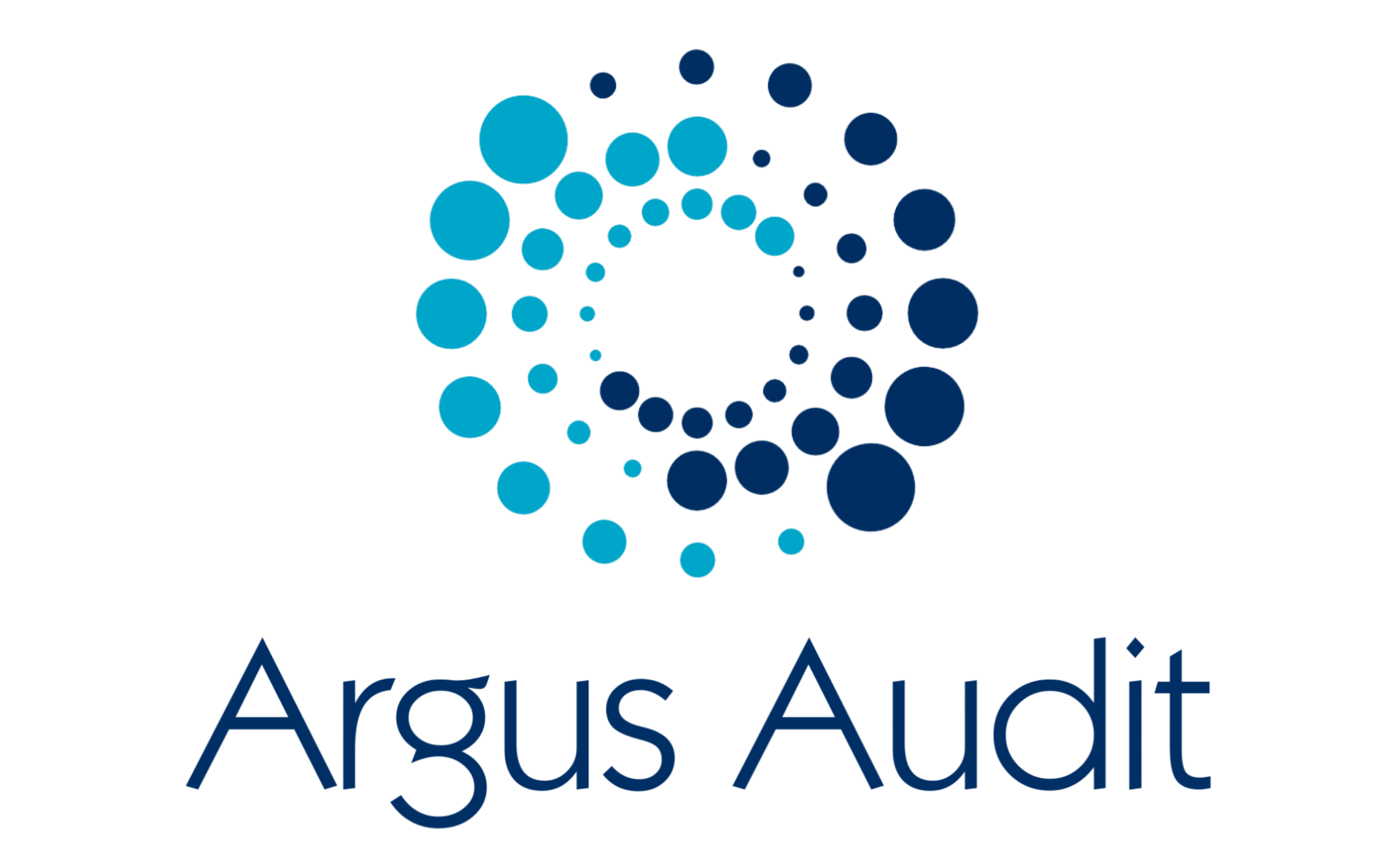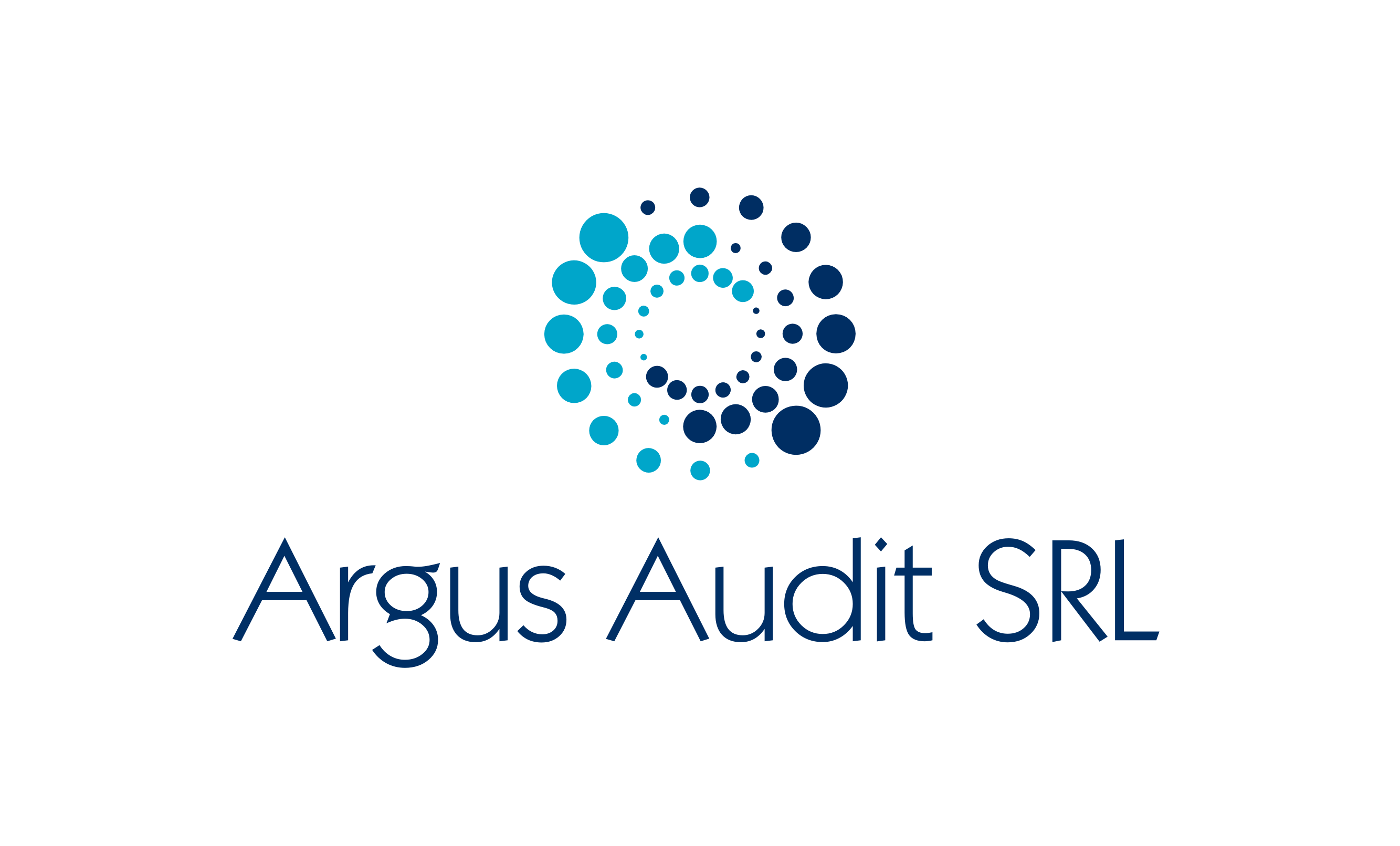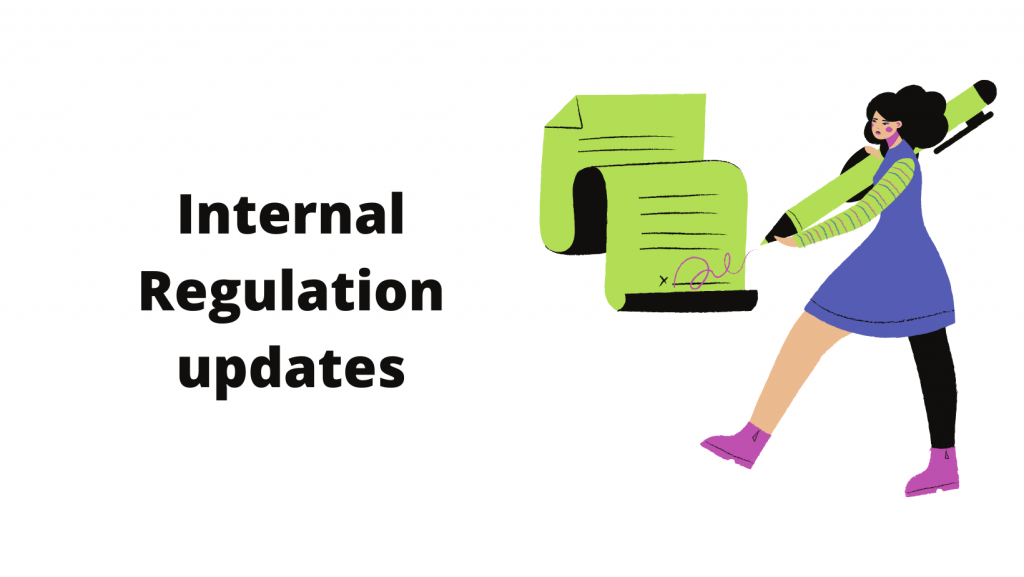In accordance to provisions of Law no. 53/2003 of the Labor Code with the subsequent amendments and updates, the employers have the obligation to prepare Internal Regulation within 60 days from the date of obtaining the legal personality.
Internal Regulations shall include at least the following categories of provisions:
- rules on protection, hygiene and safety at work within the unit;
- rules regarding the observance of the principle of non-discrimination and the elimination of any form of violation of dignity;
- the rights and obligations of the employer and of the employees;
- the procedure for resolving the requests or individual complaints of the employees;
- concrete rules regarding the work discipline in the unit;
- disciplinary offenses and applicable sanctions;
- rules regarding the disciplinary procedure;
- the modalities of application of other specific legal or contractual provisions;
- the criteria and procedures for professional evaluation of employees.
Law no. 167/2020 on the prevention and sanctioning of all forms of discrimination expressly specifies the obligation to amend the Internal Regulations in order to introduce disciplinary sanctions in this regard.
“The employer has the obligation to take any necessary measures in order to prevent and combat acts of moral harassment at work, including by providing in the internal regulations of the disciplinary sanctions for employees who commit acts of moral harassment at work”“It constitutes moral harassment in the workplace and is punishable by disciplinary, misdemeanor or criminal offense, as the case may be, any conduct committed against an employee by another employee who is his superior, a subordinate and / or an employee comparable from a hierarchical point of view, in relation to employment relationships, which have as their purpose or effect a deterioration of working conditions by infringing the rights or dignity of the employee, by affecting his physical or mental health or by compromising his professional future, behavior manifested in any of the following forms:
- hostile or unwanted conduct;
- verbal comments;
- actions or gestures”
According to the above-mentioned law, non-compliance with this provision is sanctioned with fines between 30,000 and 50,000 lei.
2. Law no. 213/2020 for the amendment and completion of Law no. 53/2003 – Labor Code, regarding the amicable settlement of individual labor disputes and the organization of the activity of human resources.
According to the Law, one of the elements that must be included in the Internal Regulations will be the procedure for the amicable settlement of disputes, complaints or individual requests of employees.
3. Law no. 55/2020 on some measures to prevent and combat the effects of the COVID-19 pandemic
Obligation to add in the Internal Regulations the new measures taken to prevent the spread of Covid-19 in the company. The clauses shall contain:
- Obligations of the employer regarding Occupational Health and Safety Rules (including: temperature measurement at the entrance to the company premises, sanitation of spaces, social distance, shift of work schedule, etc.)
- Obligations of the employee regarding Occupational Health and Safety Rules (including: wearing protective mask and gloves, disinfecting hands, taking meal breaks in shifts, notifying the employer if they feel ill or consider to have characteristic symptoms of COVID- 19, etc.)
Failure to comply with this provision is sanctioned with fines from 4,000 lei to 10,000 lei.
The amendments on the Internal Regulations imply the conclusion of an additional act and its updates are brought to notice of the employees by the employer.
Our team of professional is available for any clarifications or additional details required in your analysis. The above information represents just a summary of aspects we consider relevant in the recently published legislation. This is not exhaustive disclosure of information and it is not intended to be used as advice on any particular matter. We invite all readers to contact us for further clarification of any specific issue. Argus Audit team and its associates disclaim liability in any action taken by a third party in reliance exclusively on summarized information presented in our publications.


